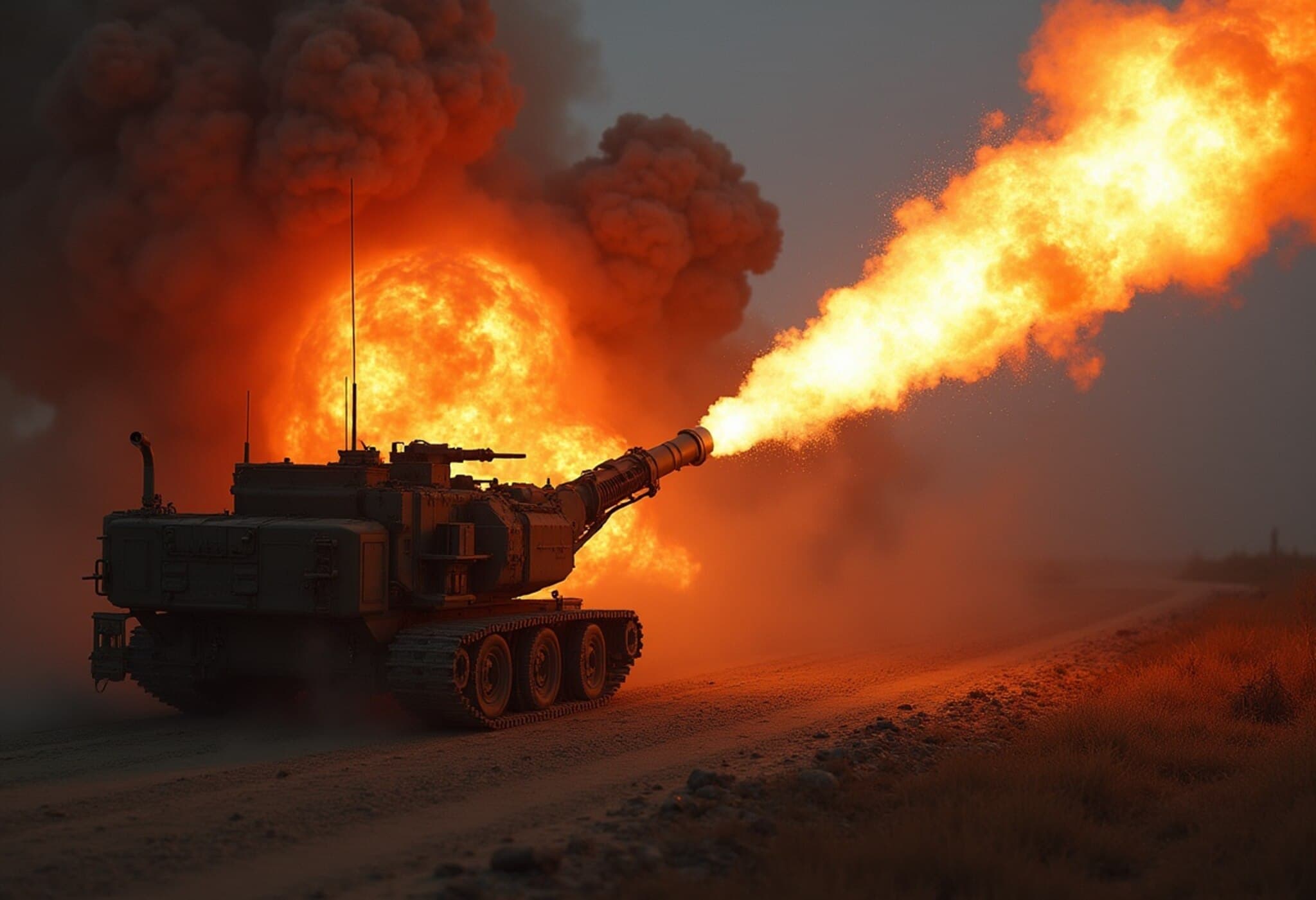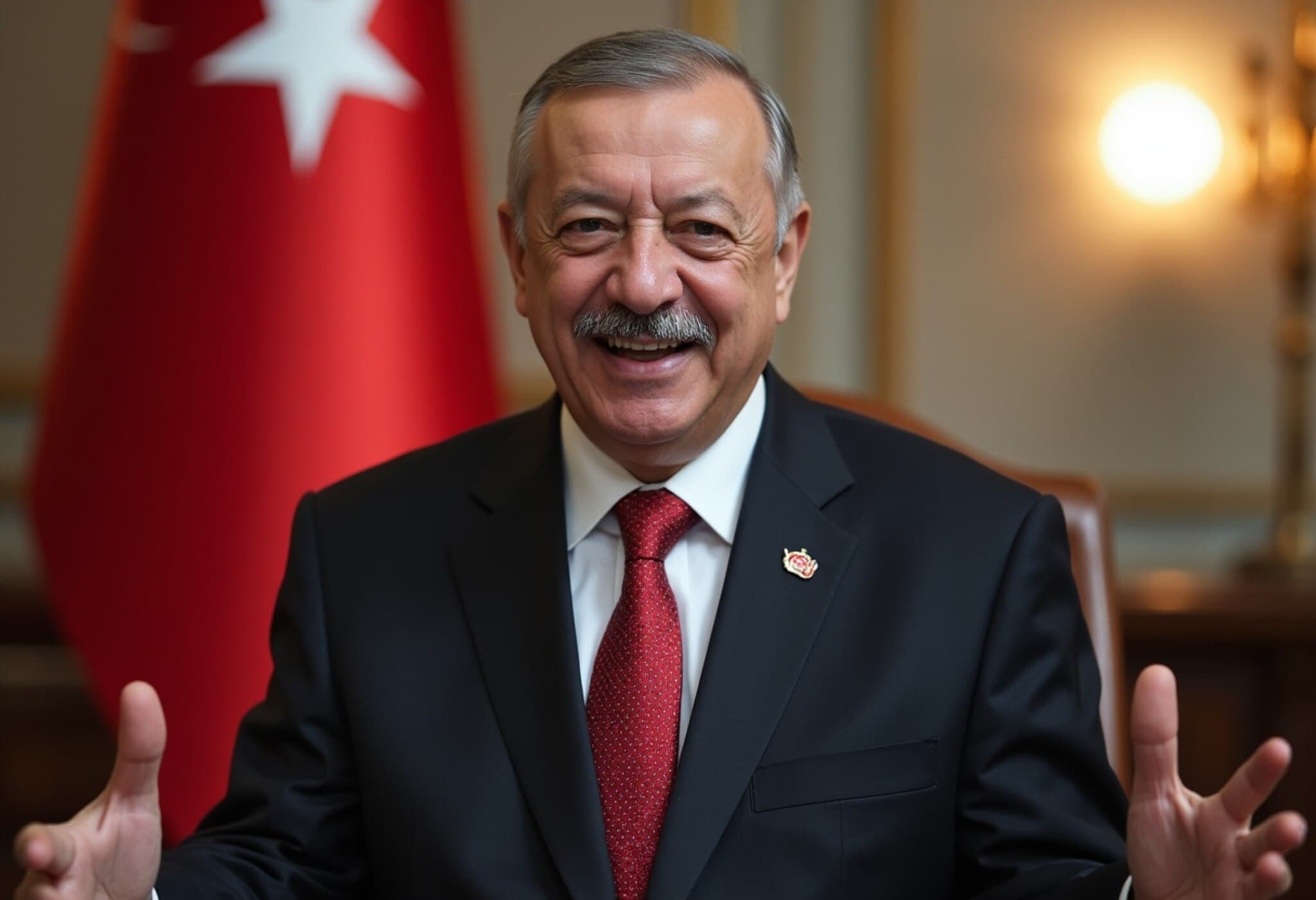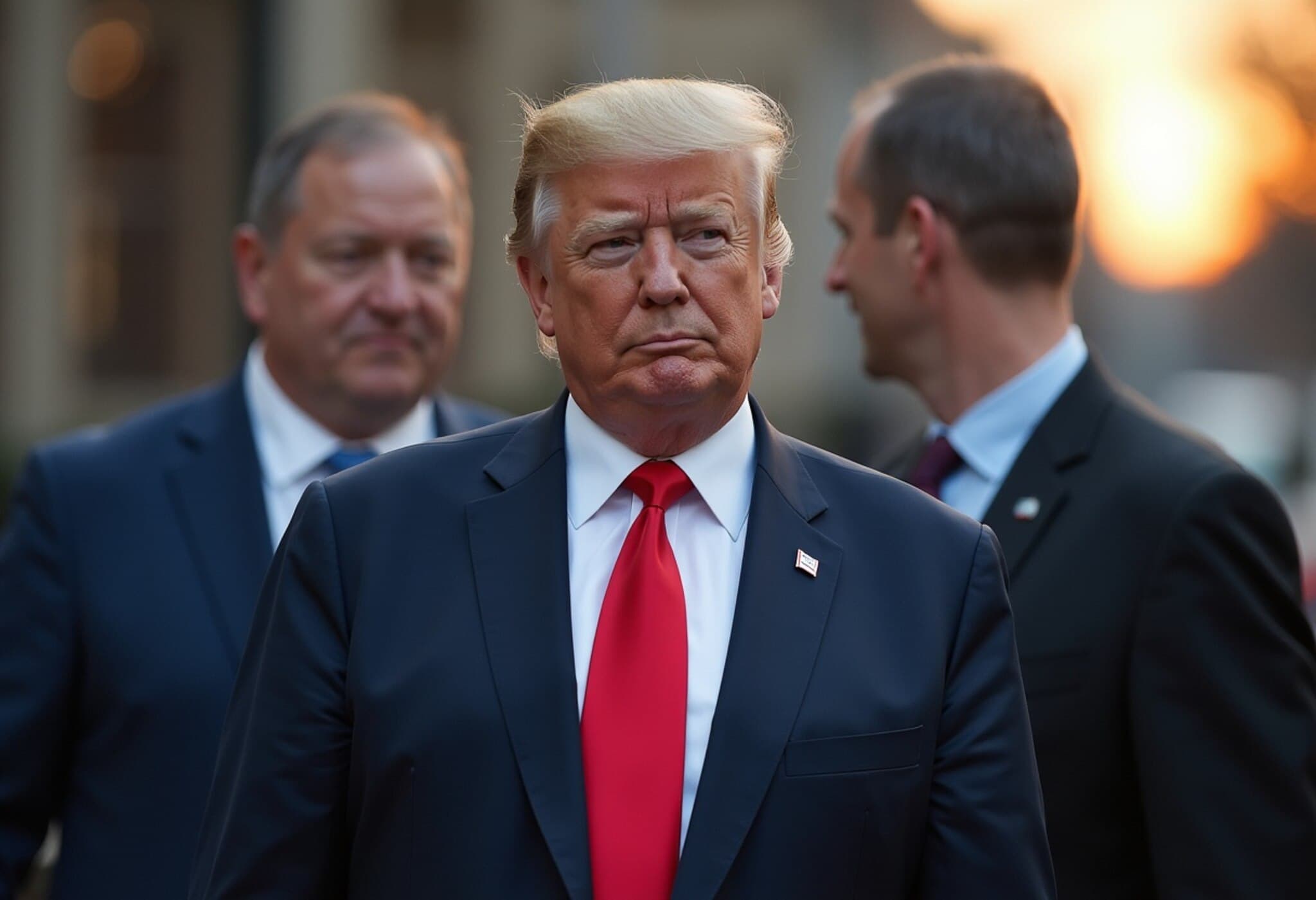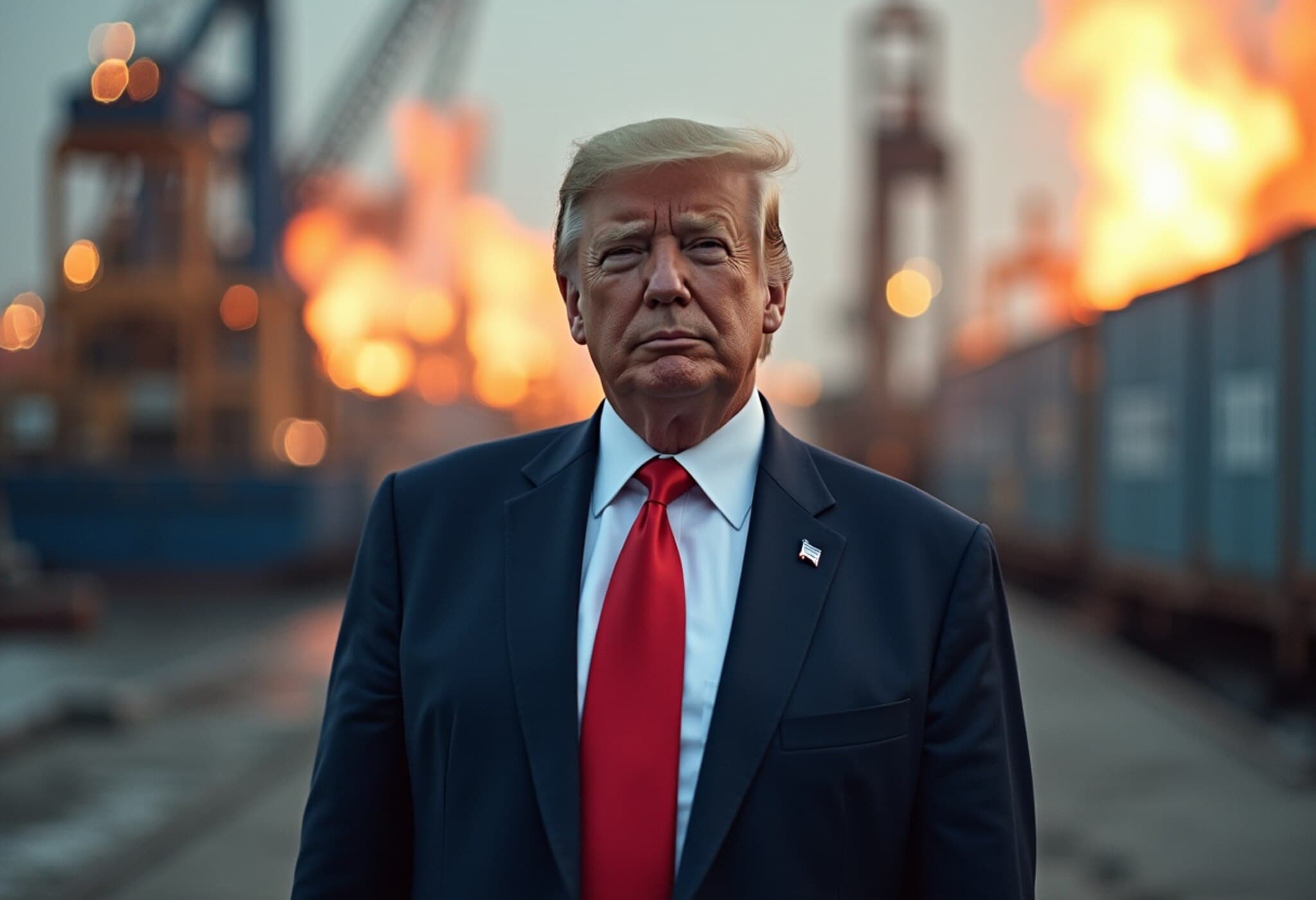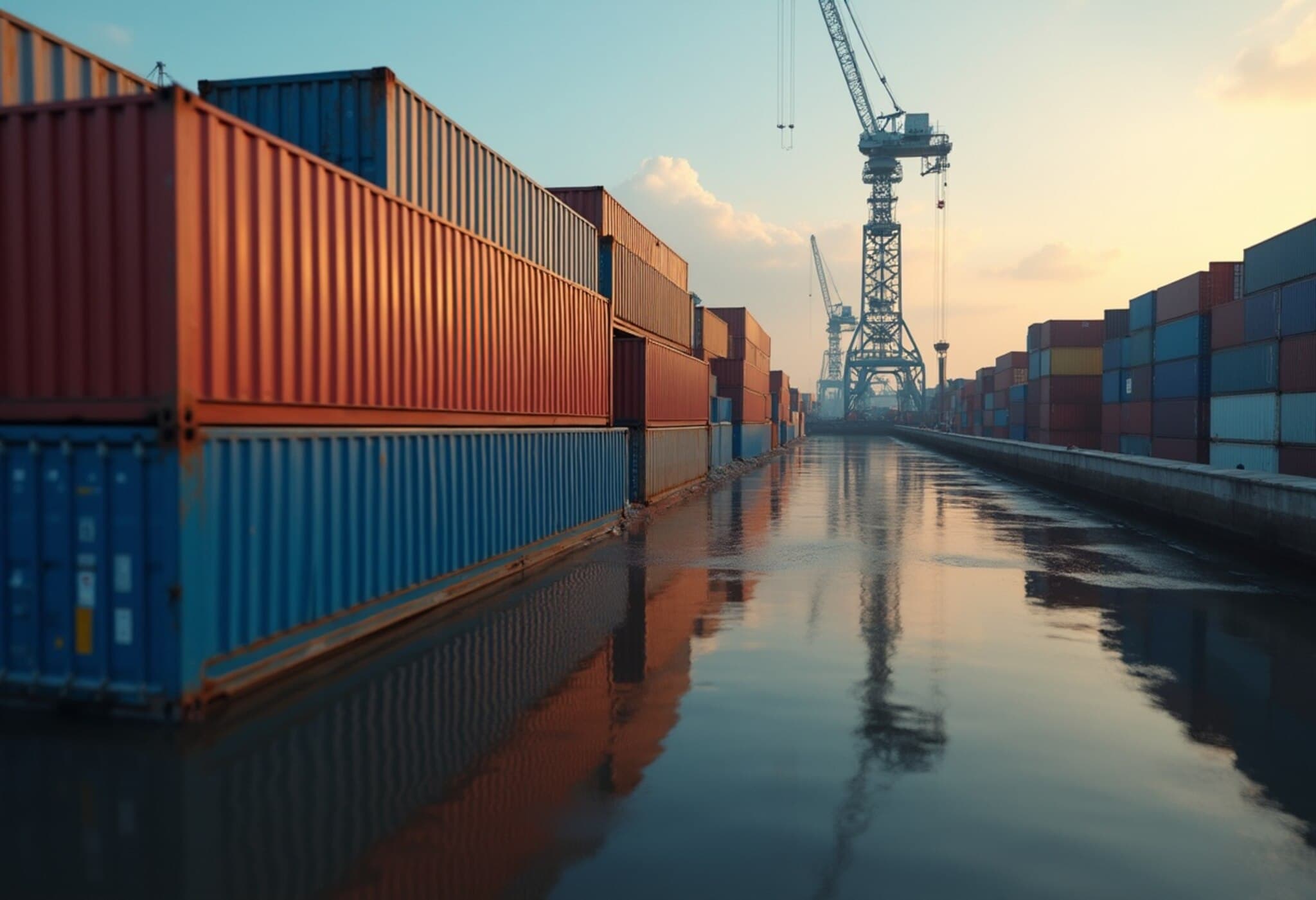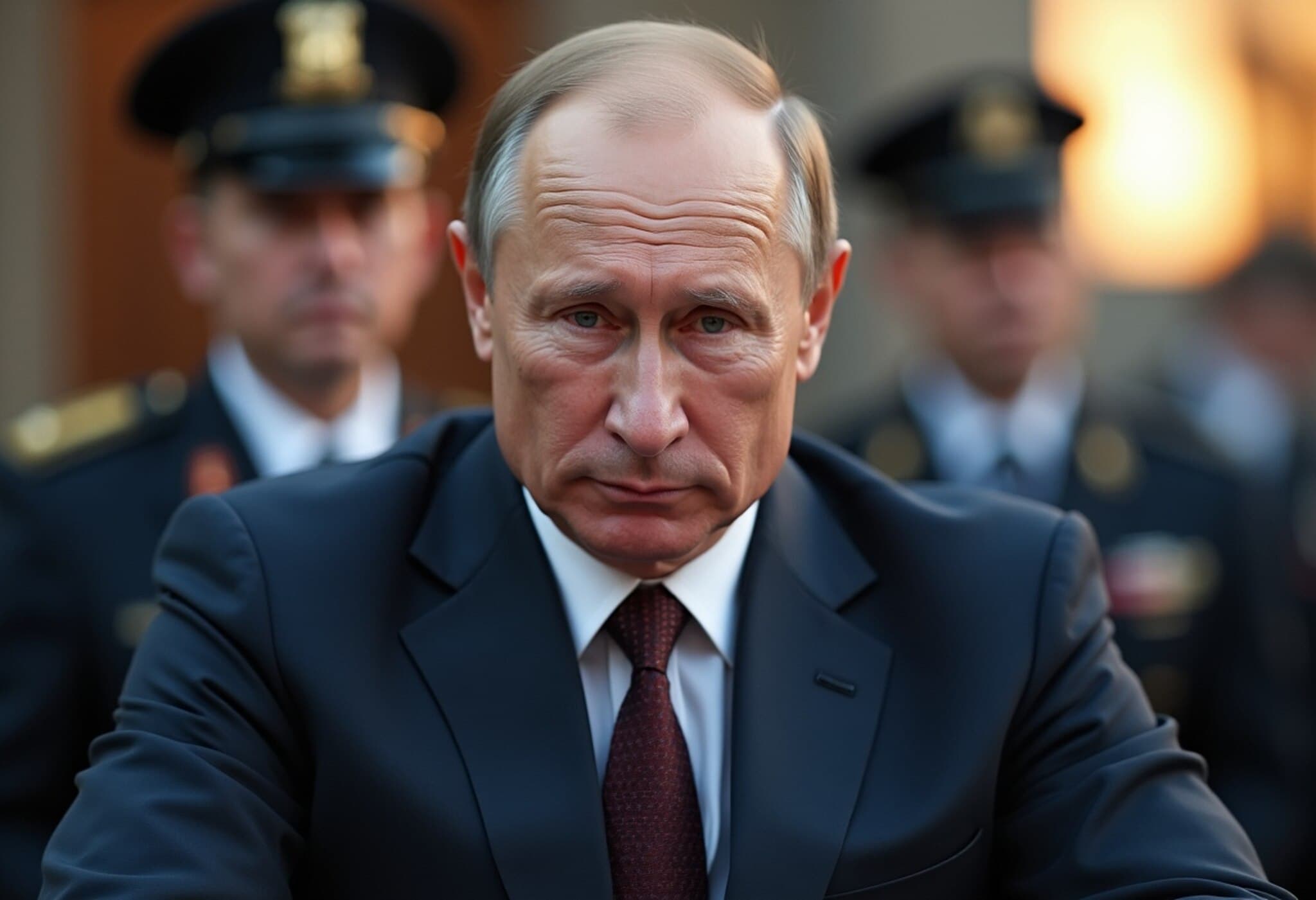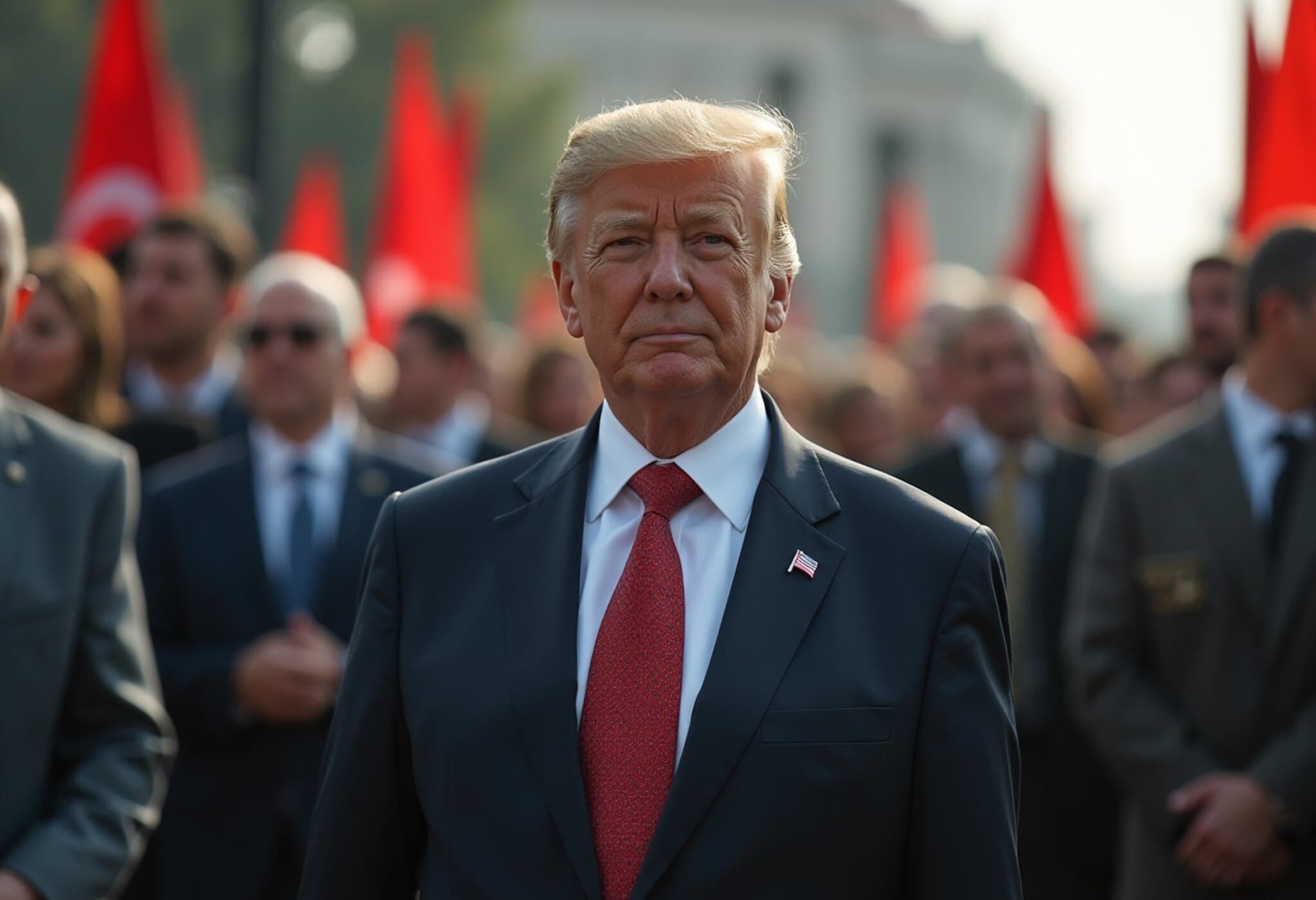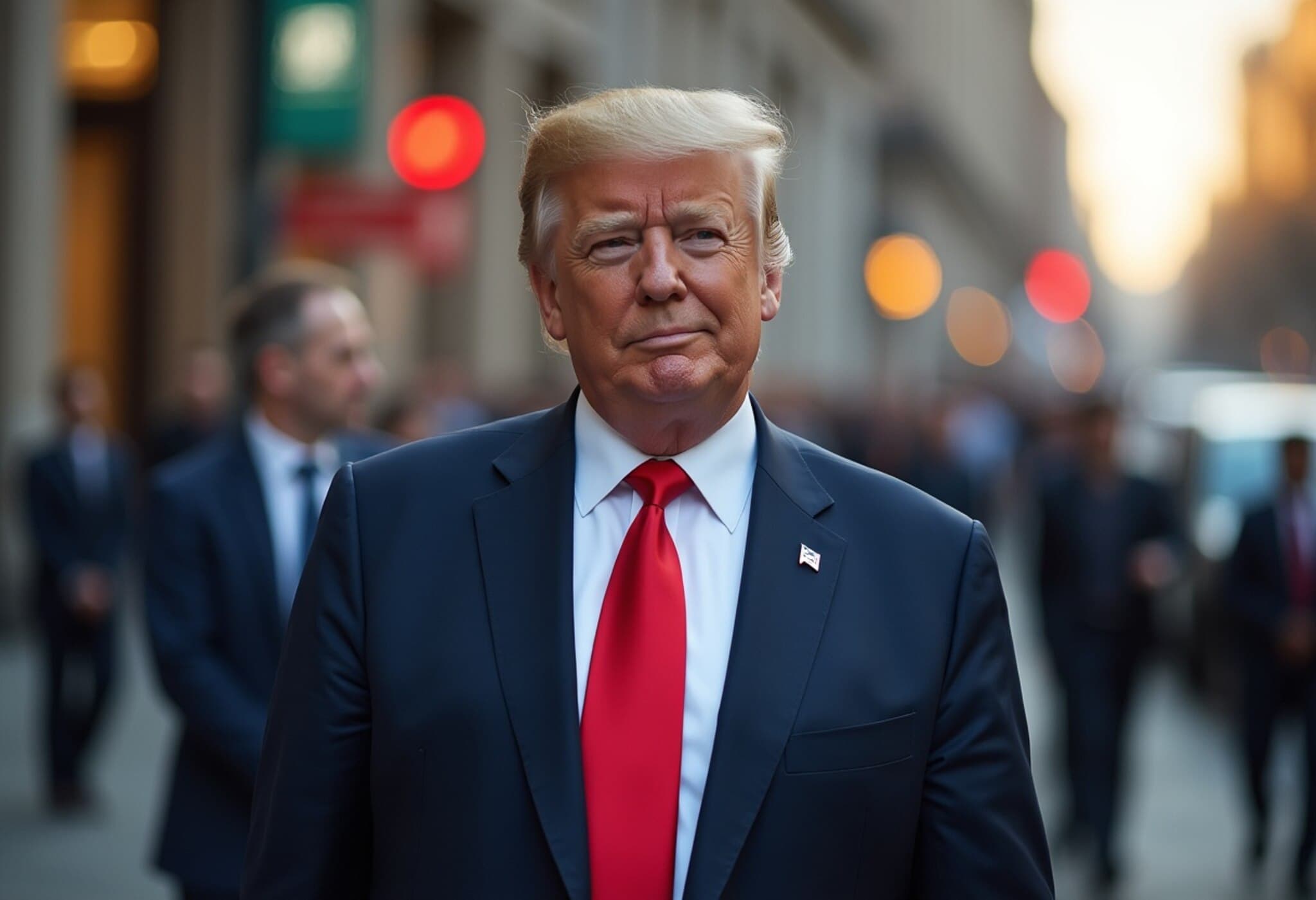Indian Export of High Explosive Compound to Russia Amid US Sanctions Pressure
In a development that intertwines geopolitics with the complex web of international trade, Indian customs data reveals that an Indian company dispatched explosive compounds valued at $1.4 million to Russia in December 2024. This transaction, involving a potent military-grade substance known as HMX or octogen, has sparked fresh scrutiny as it allegedly occurred despite explicit US warnings against supplying materials critical to Russia's war machinery.
Understanding HMX: A Dual-Use Explosive with Military Significance
HMX is not just any chemical ingredient. According to defense research authorities such as the US Pentagon’s Defense Technical Information Center, HMX is a high-explosive used extensively in missile and torpedo warheads, rocket motors, and plastic-bonded explosives forming the backbone of advanced military weaponry. Its rapid detonation properties make it a formidable component in modern warfare.
The US government has officially flagged HMX as critical to sustaining Russia's war effort in Ukraine and cautioned international banks and entities against facilitating its sales or transfer.
Transaction Details: The Players and the Geography
The data, analyzed by Reuters, identified Ideal Detonators Private Limited, an explosives manufacturer based in Telangana, India, as the exporter. The shipments were received by two Russian firms: Promsintez and High Technology Initiation Systems, both located in the Samara Oblast area near Kazakhstan’s border.
Promsintez, according to Ukraine’s SBU security officials, maintains direct ties to the Russian military industrial complex and was the target of a Ukrainian drone strike in April 2025. This highlights the material's serious military applications and underscores concerns about export controls.
India’s Diplomatic and Economic Balancing Act
India’s historical relationship with Russia, especially in defense and energy, remains robust despite growing strategic ties with the United States aimed partly at balancing Chinese influence in Asia. India continues to purchase Russian oil and maintain defense cooperation, a stance that complicates Washington’s efforts to diplomatically isolate Moscow.
Officially, India’s Ministry of External Affairs emphasized its adherence to international non-proliferation obligations, stating that exports of dual-use items are managed under a “robust legal and regulatory framework” with comprehensive evaluations.
Experts note that certain compounds like HMX may have some limited civilian applications, but their primary and most concerning use remains military.
US Response and Geopolitical Implications
The US State Department declined to comment on the specific shipments but reiterated its position that any entity involved in supporting Russia’s military-industrial base risks punitive sanctions. President Biden has even threatened a 100% tariff on countries purchasing Russian crude oil, emphasizing Washington's firm stance against economic support for Russia’s aggression in Ukraine.
Despite this, the US appears to adopt a measured approach, often preferring private diplomatic engagement over public sanctions enforcement, especially with strategic partners like India.
Ukrainian officials, including President Zelenskiy’s top sanctions adviser Vladyslav Vlasiuk, have highlighted isolated instances of cooperation between Russian and Indian companies connected to the defense industry, sounding alarms about possible sanction circumvention.
Legal Perspectives and Outlook
- Sanctions lawyers confirm that the US Treasury possesses clear authority to impose penalties on entities supplying HMX to Russia.
- However, no confirmed violations of Indian export policies have been identified by Reuters.
- Washington’s calibrated enforcement reflects broader geopolitical priorities, balancing the desire to penalize Russia while sustaining ties with India.
The Bigger Picture: Navigating Complex Alliances in a Fractured World
This incident exemplifies the delicate navigation required in today’s geopolitical arena, where economic interests, defense partnerships, and international norms often collide. India’s dual role — strengthening US ties while preserving longstanding Russian relationships — underscores the nuanced realities of emerging global power dynamics.
As Western nations push hard to choke off resources fueling Russia’s war, transactions like these spotlight potential loopholes and the intricate challenges of enforcing sanctions globally. They also raise fundamental questions about sovereignty, strategic autonomy, and international security coordination.
Editor’s Note
The shipment of HMX explosives from India to Russia amid US sanctions pressures is not just a trade issue but a reflection of the geopolitical tightrope India walks. It prompts critical questions: How do countries reconcile national interests with global security commitments? Can mechanisms enforcing sanctions keep pace with complex, often gray-zone transactions? And what are the implications for future India-US-Russia relations as global alliances evolve?
These are essential questions for policymakers, analysts, and the public alike as they watch the unfolding impacts of economic diplomacy on international peace and conflict.

